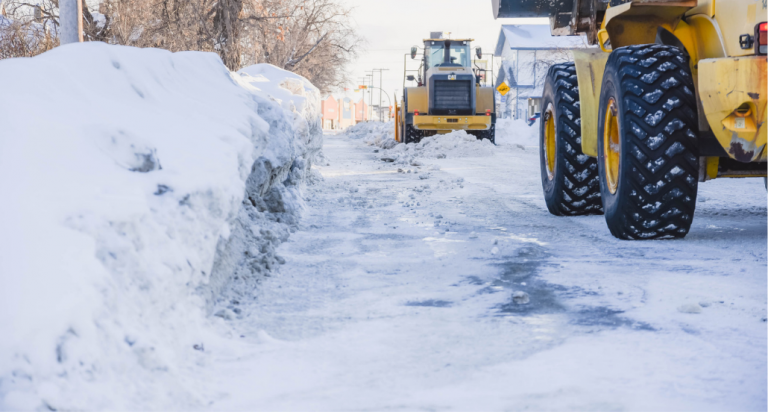
A special tax approved by Council will ensure funds will be allocated to priority snow management services.
This year was an exceptional one for snowfall. The City had issues not only clearing roadways, but crews ran out of places to move the snow.
Residents were concerned when ice became trapped close to the pavement from multiple snowfalls and large windrows blocked the snow plow’s blades from getting close to the road.
Wes Hicks, Director of Public Works, said the windrows became so large that some streets were down to one lane.
Every property in the City contributes $60 a year to the Snow Management Reserve to make sure that issues such as street parking and lifting snow to decrease the chance of runoff are priorities.
“What would it cost to go down to the pavement on all the streets? Another $30 per year? Does it mean more equipment, more manpower, more overtime?” asked Ward 6 Coun. Blake Edwards.
City Council passed a bylaw on Monday to rename the Snow Management and Infrastructure base tax as the Snow Management special tax. The change to a special tax will ensure that partial funds collected will no longer be directed to infrastructure. Instead, the money will focus solely on snow management services.
In earlier years, snow management costs were as low as $642,093 in 2014. In 2020, the cost rose to $1,521,043. Anywhere from $250,000 to $600,000 was transferred to the Future Infrastructure Reserve, depending on the budget for that year.
Staff have recommended that the special tax be reviewed annually to determine if the amount collected in taxes, around 1.3 million, will adequately fund the Snow Management Reserve. It has been in a deficit since 2018.
Hicks confirmed a second, more in depth report is currently being worked on and will be submitted later this year. The report will include estimates of future snow removal services and suggestions on improvements.
